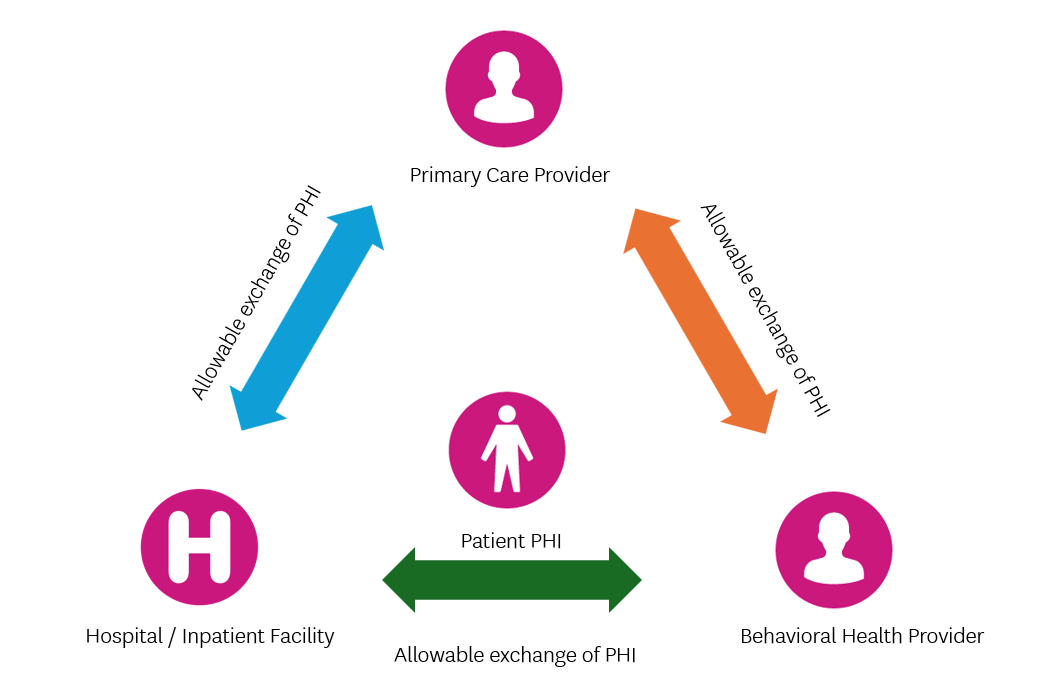Coordination of Physical Health and Behavioral Health
Date: 02/21/25
Superior HealthPlan would like to remind providers that a primary care provider’s role in behavioral health is to coordinate the member’s physical and behavioral healthcare. Continuity and coordination of care between physical and behavioral healthcare is crucial to ensure patients receive consistent, comprehensive care across different healthcare settings and providers.
Key benefits of continuity and coordination of care between physical and behavioral health are:
- Improved quality of care
- Reduced healthcare costs
- Enhanced patient safety
- Better patient experience
- Efficient care delivery
Superior is continually working towards making processes easier and more efficient to ensure primary care providers can assist members with behavioral health services. Ways to achieve continuity and coordination of care include but are not limited to:
- Centralized medical and behavioral health services: Establish a primary care provider as the central point of contact for a patient's care, coordinating with specialists as needed.
- Electronic Health Records (EHRs): Utilize EHRs to share patient information across different healthcare providers, ensuring access to complete medical history.
- Care coordination teams: Establish teams with dedicated care coordinators responsible for managing patient care plans, communicating with providers and linking patients to necessary community resources.
- Effective and timely communication: Encourage open communication between all healthcare providers involved in a patient's care, including clear documentation and timely updates.
- Resources: Ensure providers can assist members with behavioral health services. Superior has resources that offer providers the ability to:
- Find useful behavioral health information, forms and a toolkit on Superior's Behavioral Health webpage.
- Register for behavioral health webinars and trainings on Superior's Provider Training Calendar and Superior's Behavioral Health Clinical Training webpage.
- Help members find behavioral health services and support by contacting Superior’s Behavioral Health department. To access the list of phone numbers, please visit Superior’s Phone Directory.
- Proper understanding of the HIPAA Privacy Rule: Educate office staff so that the communication path between all providers remains open. The HIPAA Privacy Rule establishes national standards to protect individuals' Protected Health Information (PHI) and applies to health plans and healthcare providers. For more information, please refer to Superior's Notice of Privacy Practices. The diagram below displays the allowable exchanges of PHI between providers. To coordinate your patient’s care with other providers, the Privacy Rule allows you to:
Share information with doctors, hospitals, and ambulances for treatment, payment, and healthcare operations, even without a signed consent form from the patient.
- Share information about an incapacitated patient if you believe it’s in your patient’s best interest.
- Use health information for research purposes.
- Use email, phone or fax machines to communicate with other healthcare professionals and patients, as long as you send securely.
- Assist with timely schedule of follow-up care, eliminating any potential gaps in care.

For any questions or more information, please reach out to your dedicated Account Manager. To access their contact information visit Find My Account Manager.

